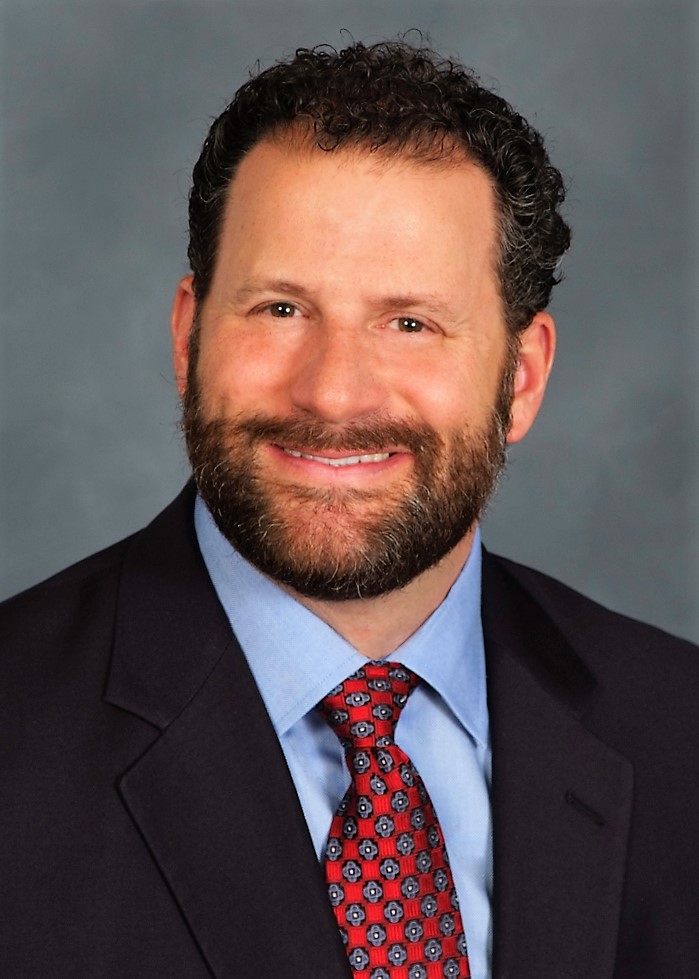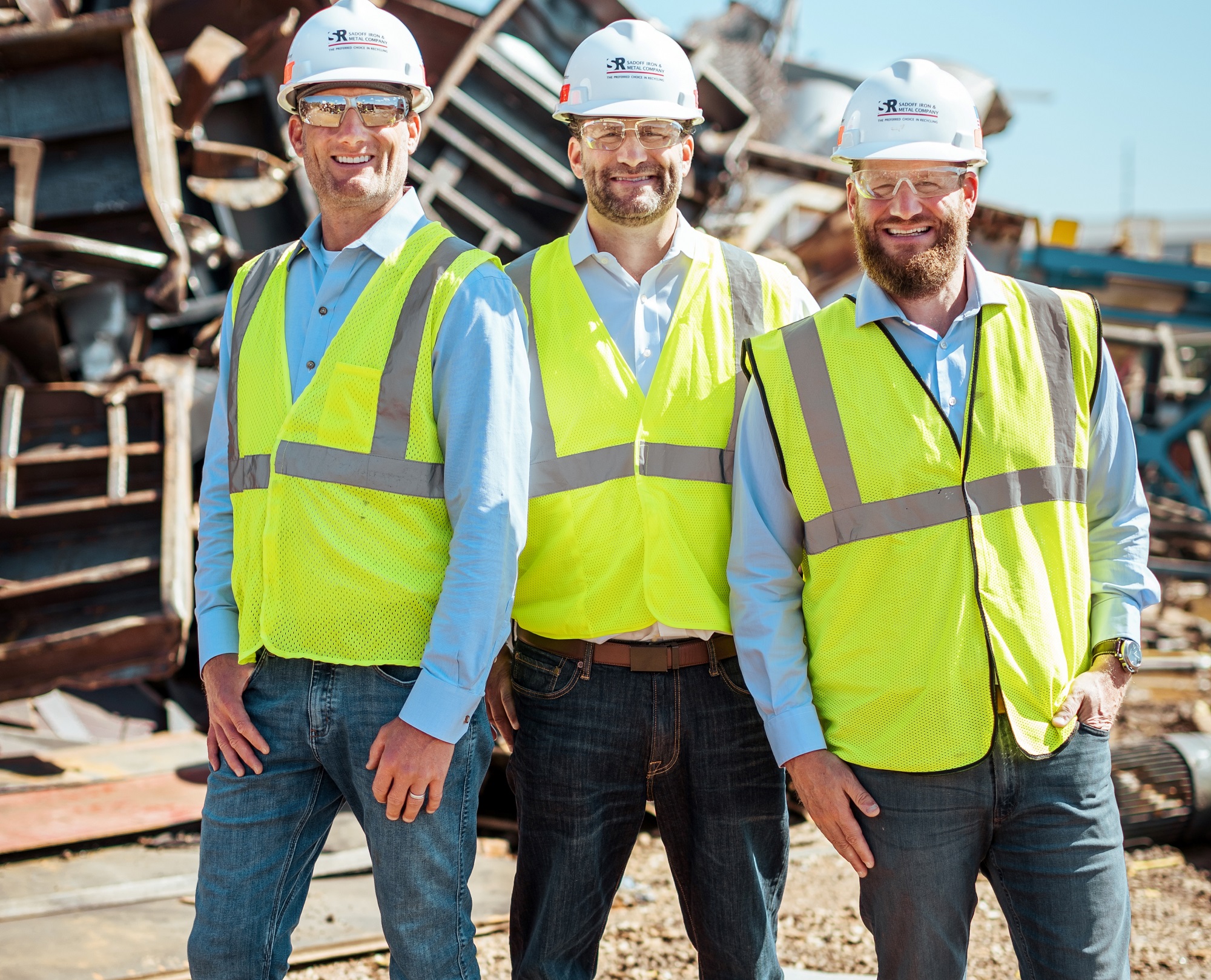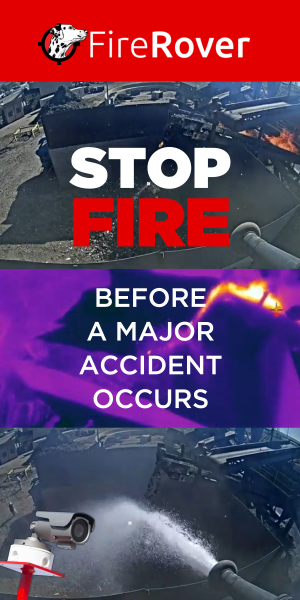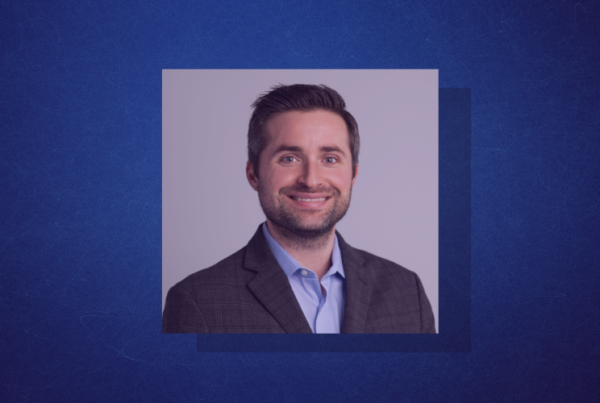Sadoff Iron and Metal is celebrating its 75th anniversary this year. The Fond du Lac, Wis.-based company, which has locations throughout Nebraska and Wisconsin, is now in its third generation of leadership under CEO Mark Lasky. In this edition of Faces of ISRI, Lasky discusses the company’s history, the lessons he learned from his father and grandfather, and what the company hopes to accomplish.
What does 75 years of existence say about Sadoff Iron and Metal?
We’re survivors. Our grandfather, Edward H. Rudoy, took the initial risk when he moved from Ukraine to the U.S. Through blood, sweat and tears, he got the business off the ground and was able to maintain it. He also had the foresight to gift shares down to the third generation so that the business would continue.

Only 13% of family-owned businesses make it to the third generation. Getting to this point doesn’t happen without the commitment and care from the previous generations. To make it 75 years, a lot must go right. That starts with the previous generations before us.
What led you to joining the family business?
We were on the precipice of being sold in 1998 before I or my siblings joined the business, but the deal fell through. Around this time, I was preparing to enter graduate school to earn my master’s degree, which I planned on using to become an English teacher. I came home one day and our company attorney, who was a close friend of the family, told me that if I had any interest in joining the business, now was the time. There was no mandate or expectation for me or my younger brothers to join the business, but I was interested in seeing what it was about, so I joined and became the first management trainee.
When I first came on board, my father, Sheldon Lasky, laid out three ground rules: not to decide whether I loved it or hated it here until I had a year under my belt; if I didn’t have a passion for the business, I couldn’t stay because the business meant too much to people who relied on it for their livelihood; and if he had to choose between having a son and a business partner, he wanted me as his son. If things didn’t work out between us, I didn’t need to feel obligated to stay.
I went through that first year and haven’t looked back since. My brothers Jason and Brad [both executive vice presidents] came in shortly after and they’ve been here ever since.
What’s it like working with your family on a daily basis?
I love my dad. I’ve always looked up to him. He’s a wise and generous man. He had high expectations for my brothers and me, but he was never domineering. He’s a true hero in my eyes.
The relationship between my brothers and me is as strong as it’s ever been, but we had to work to get to this point. Sometimes when you work with your siblings and you have a disagreement over a business decision, when you get into it, you start to wonder if the issue is about business or if it’s something rearing its head from childhood [laughs]. But I’m proud of my brothers and grateful for them. They bring a lot to our business, and I’d hope they’d say the same for me.

From an ownership perspective, we’re all equal. So, while they report to me functionally in their job roles, they had to agree to that. The one thing they told me that means a lot to me is that they both believe I’m fair. If they didn’t, I don’t think this would work.
What are some of the biggest challenges the company has had to overcome during its existence?
We manufacture a commodity that goes up and down and, in some cases—especially on the ferrous side—there’s not really an efficient hedge model for that. On the nonferrous side, you can protect yourself in some ways. But there’s just a lot of variances and challenges in our industry. On top of that, the costs associated with operating a business, such as labor, energy and regulations, never go down. The real challenge is just staying in the game.
Why is sustainability one of the company’s biggest priorities?
A few years ago, we did some exercises internally and came up with our “why.” The statement we developed is: “We enhance quality of life by creating security through sustainability.” Sustainability can mean a lot of things, whether that be the environment, livelihoods, business, relationships that we have, etc. In 2019, we just decided to bring it to the forefront as something that we’re intentionally focusing on, but our commitment to safety and the environment started with the launch of the company.
What do you enjoy most about being an ISRI member?
We believe in ISRI and its resources. It’s always been important to us to support the industry, dating back to when my grandfather started the company. A lot of people don’t understand the work we do and the importance of the industry to the economy. ISRI has been a tremendous resource in helping our business be viable and explaining it to our community partners.
What are the company’s short- and long-term goals?
As a company we want to get better every day. We’re not comparing ourselves to anyone else. Over the years, we’ve been referred to as a boutique because we’re a little different from other companies in the industry in that 80% of our ferrous business is for foundries, which is the complete opposite from a lot of other companies.
Long term, we want to grow and continue servicing our customers. We believe in partnerships. We’re not a transactional company. To stay in the industry all these years as an independent company like we are, you have to grow. But growth doesn’t always mean buying a company, sometimes it’s organic. Sometimes it’s growing through the services you provide.
We’ve been in the electronic recycling and data destruction space for four years. My brother Jason heads that up and we turned the corner with that business in 2021. Initially we were going to buy another business but that didn’t work out, so we decided to do it on our own, which has had its challenges, but we’re on a great path now.
What’s it going to take for you all to get to your 100th anniversary?
Survival skills and putting our best foot forward every day. There’s a saying that we really believe in: What got you here won’t necessarily get you there. That means we need to continue adapting with the times. We also need to attract and retain talent, which is integral to the success of any company. The team we currently have has us well positioned to continue doing well, and we’d like to make it stronger.
Photos courtesy of Sadoff Iron and Metal.










